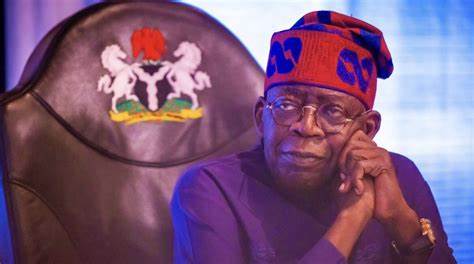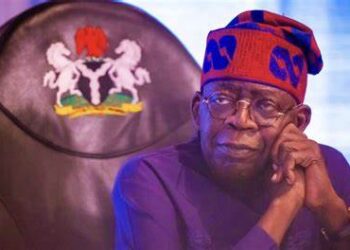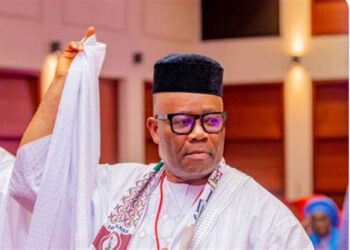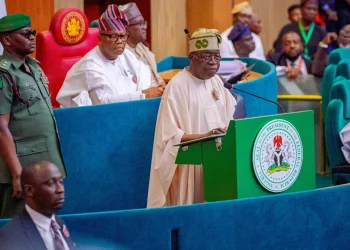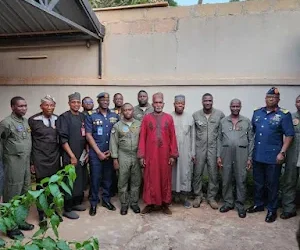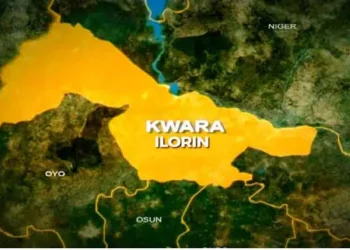President Bola Tinubu has revealed the reasons behind Nigeria’s prolonged delay in appointing new ambassadors, nearly two years after recalling all envoys from the country’s 109 foreign missions.
Speaking during a meeting with members of The Buhari Organisation at the Presidential Villa in Abuja on Tuesday, the President acknowledged the complexity of the selection process and thanked stakeholders for their patience.
“I couldn’t appoint everybody at once, and I thank you for your patience,” Tinubu stated. “I still have some slots for ambassadorial positions that many people are craving for. But it’s not easy stitching those names.”
The President described the nomination process as challenging due to what he termed “political and administrative hurdles,” indicating that finalizing suitable candidates has proven more difficult than anticipated.
Nigeria’s diplomatic missions have been operating under interim leadership since September 2023, when the administration recalled all career and non-career envoys as part of a comprehensive diplomatic overhaul. Most embassies are currently managed by chargés d’affaires or senior consular officers.
Despite reports that security clearance for potential nominees was completed in April 2025, President Tinubu has yet to forward a consolidated list to the Senate for confirmation.
Financial constraints represent a significant obstacle to the appointments. The government is reportedly grappling with approximately $1 billion in outstanding obligations for foreign service staff salaries, embassy renovations, vehicle replacements, and other operational expenses.
The funding shortfall has complicated the diplomatic restructuring process, as the administration seeks to address existing arrears while preparing for new appointments.
Once the President submits the ambassadorial list, the Senate Committee on Foreign Affairs will conduct screening exercises for all nominees before the full Senate votes on their confirmation. Successful candidates will then undergo training at the Ministry of Foreign Affairs prior to their deployment.
President Tinubu assured his audience that future diplomatic appointments would be based on extensive consultations and thorough evaluation of candidates. He emphasized his commitment to achieving the proper balance in selections before presenting names to the Senate.
The extended vacancy period has raised concerns about Nigeria’s diplomatic capacity and representation in key international forums, as temporary leadership arrangements continue across the country’s global mission network.
The President’s acknowledgment of ongoing challenges suggests that Nigerians may need to wait longer for the completion of the ambassadorial appointment process, as the administration works to resolve both financial and political obstacles hindering the selections.

